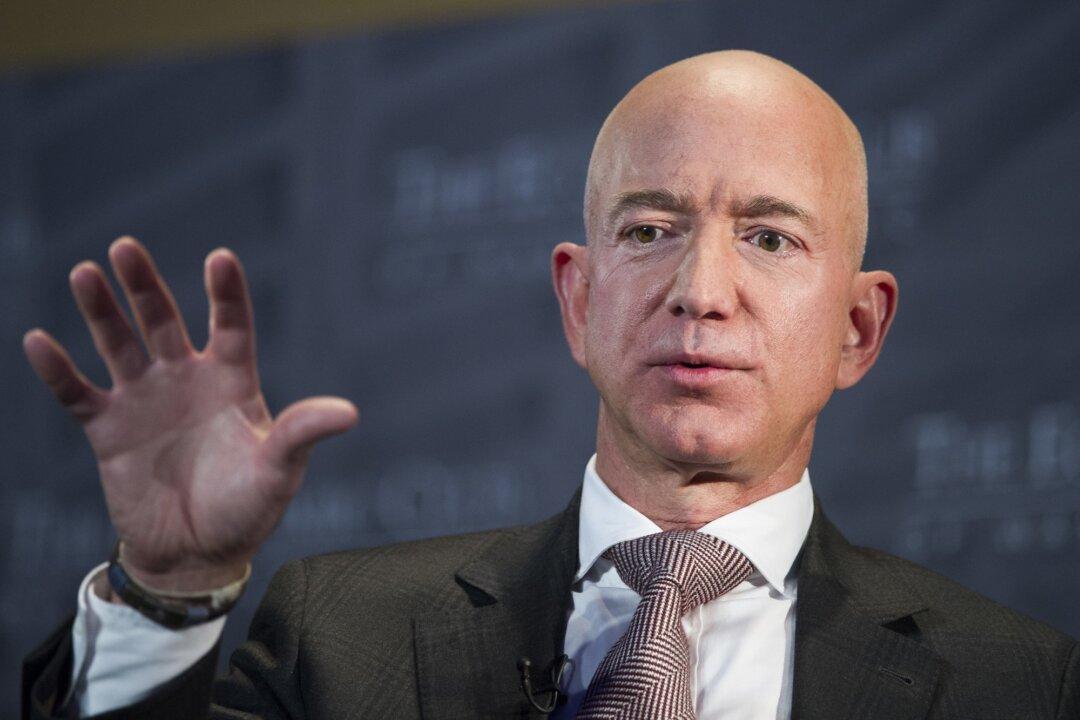Amazon’s campaign to have Congress approve a national minimum wage of $15 an hour isn’t as much altruistic as it is anti-competitive, according to labor policy researcher Rachel Greszler.
Amazon portrayed its efforts as humanitarian toward “workers in need of a raise” as well as “small businesses that will benefit from increased spending,” but the minimum wage increase would leave many of those workers without any job at all and crush Amazon’s small-business competitors at a time when they’re already struggling, said Greszler, a research fellow at the conservative Heritage Foundation.





